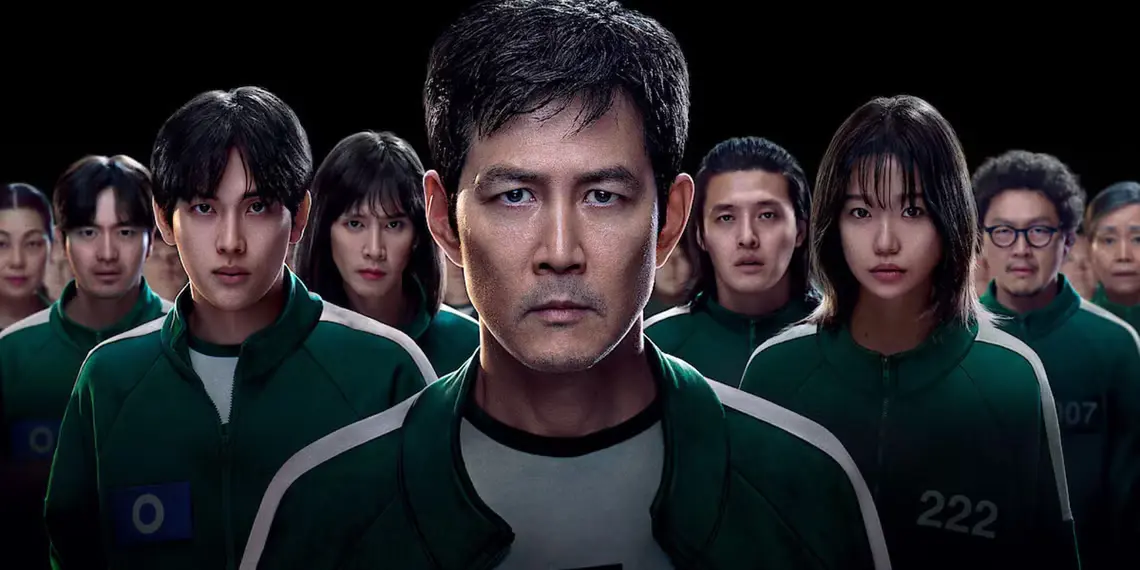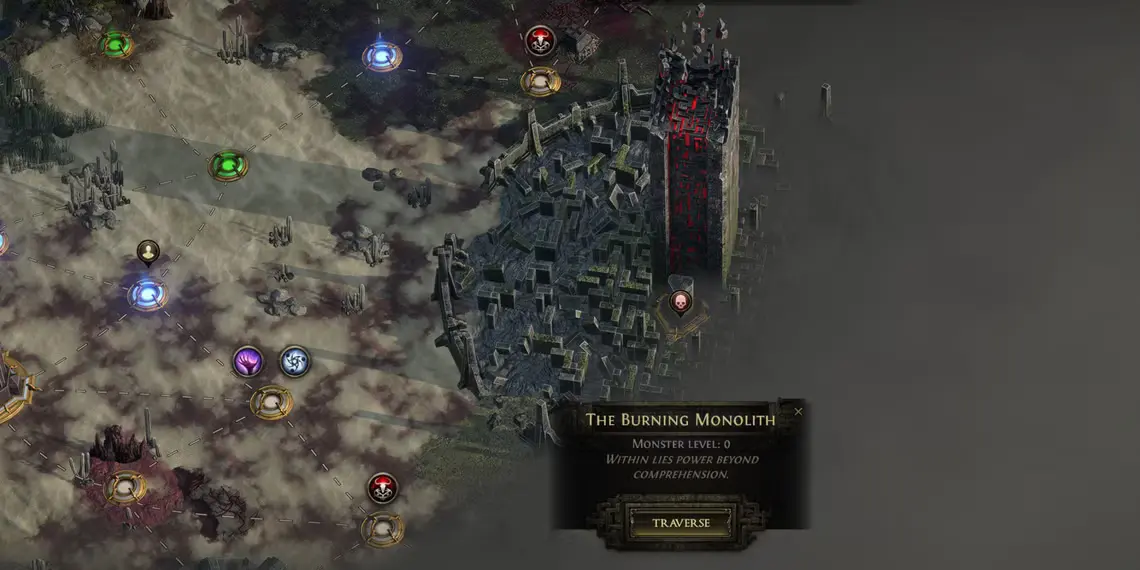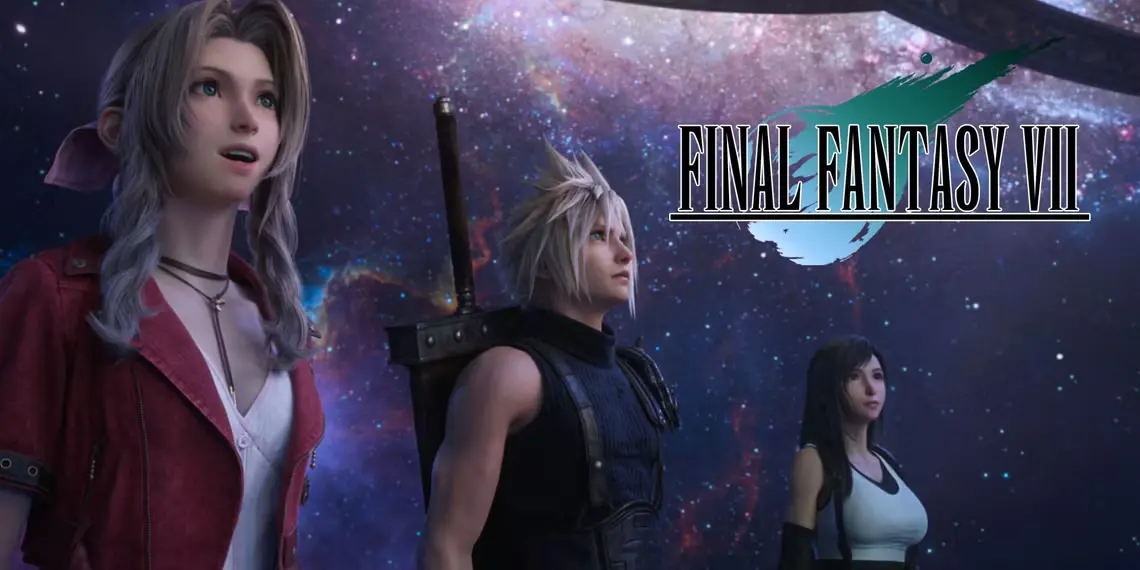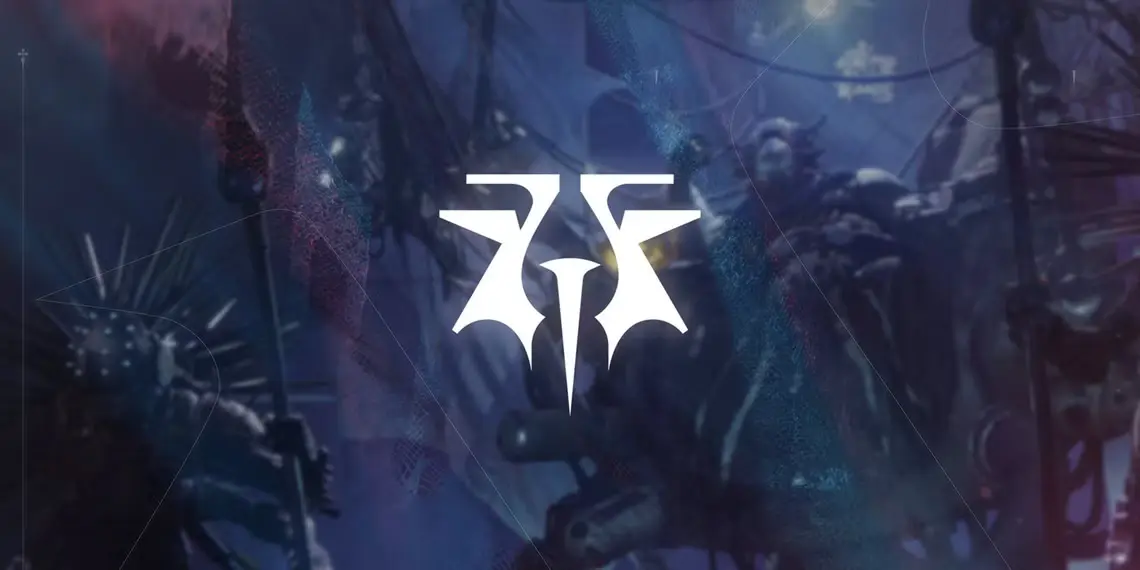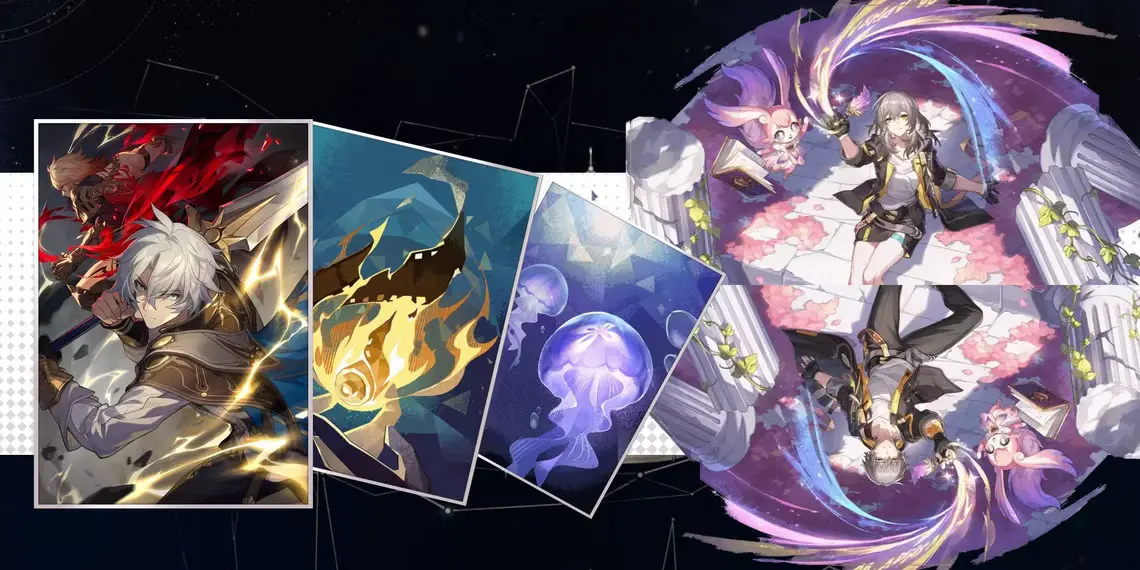Squid Game has faced numerous complaints in a particular Asian country, raising concerns that it might be taken off Netflix there.
Released a day after Christmas, Squid Game Season 2 turned out to be a tremendous success. After a three-year wait, thousands of fans jumped at the chance to binge-watch the series, which then claimed the top spot on Netflix for weeks. Despite this, its Rotten Tomatoes score didn’t quite match that of Season 1, and it was quickly overtaken as the most-watched show in the US by WWE Monday Night RAW. The Korean survival thriller is also facing some challenges in the country next door.
A Vietnamese state media source, Lao Dong, has reported that the Vietnam Cinema Department is currently examining Squid Game Season 2 for any possible rule breaches, as mentioned by The Korea Times. The department indicated, “If we find that the series does not comply with regulations, we will take appropriate legal action.” This could potentially lead to Squid Game being pulled from Netflix Vietnam. This news follows a wave of criticism the series faced on social media, with many Vietnamese viewers expressing their dissatisfaction over a specific scene in Season 2. Some have even urged others to boycott the show for its perceived inaccuracies regarding their country’s history.
The much-discussed scene took place in episode 5, following Gi-hun and his team’s victory in the second game, the six-legged pentathlon. Each member participated in a mini-game, including ddakji, flying stone, gong-gi, spinning top, and jegi. After winning, Gi-hun (Lee Jung-jae), Oh Young-il (Lee Byung-hun), Dae-ho (Kang Ha-neul), Jung-bae (Lee Seo-hwan), and Jun-hee (Jo Yuri) gathered to acknowledge each other’s skills. During their chat, Jung-bae complimented Dae-ho, calling him a “gong-gi machine.” Dae-ho shared that he grew up playing gong-gi with his four sisters, which helped him excel. When Jung-bae inquired why Dae-ho’s mother sent him to the Marines as the only son, Dae-ho revealed it was his father’s decision to make him tougher. “That was my dad’s idea. He thought I should be tougher,” he said. “My father wanted me to become a real man, so he sent me to the Marines. He was a Vietnam War veteran.” Jung-bae remarked, “Your father must be an honorable man.” This conversation sparked outrage among many Vietnamese, who felt it glorified South Korean soldiers during the Vietnam War. One comment stated, “It’s wrong to portray Korean veterans of the Vietnam War as honorable figures,” while another pointed out, “South Korea demands apologies and reparations from Japan for colonial rule but boasts about its military involvement in Vietnam.”
The concerns surrounding the dialogue about the Vietnam War are quite valid, given its sensitive nature for many individuals. Nevertheless, it can also be interpreted as a fictional narrative that allows for creative expression. Generally speaking, weaving historical events like the Vietnam War into movies or television shows can be tricky, as it involves navigating the intersection of artistic freedom, historical truth, and cultural sensitivity. From an artistic lens, the dialogue may be viewed as a creative choice rather than a factual recounting. However, making historical references can sometimes be seen as insensitive or inappropriate for those directly impacted, which can lead to justified criticism. This is a nuanced issue, and it may be wise to defer to the Vietnam Cinema Department for guidance. Meanwhile, fans are eagerly anticipating the arrival of Squid Game Season 3 this year, which will provide answers to many of their questions.
